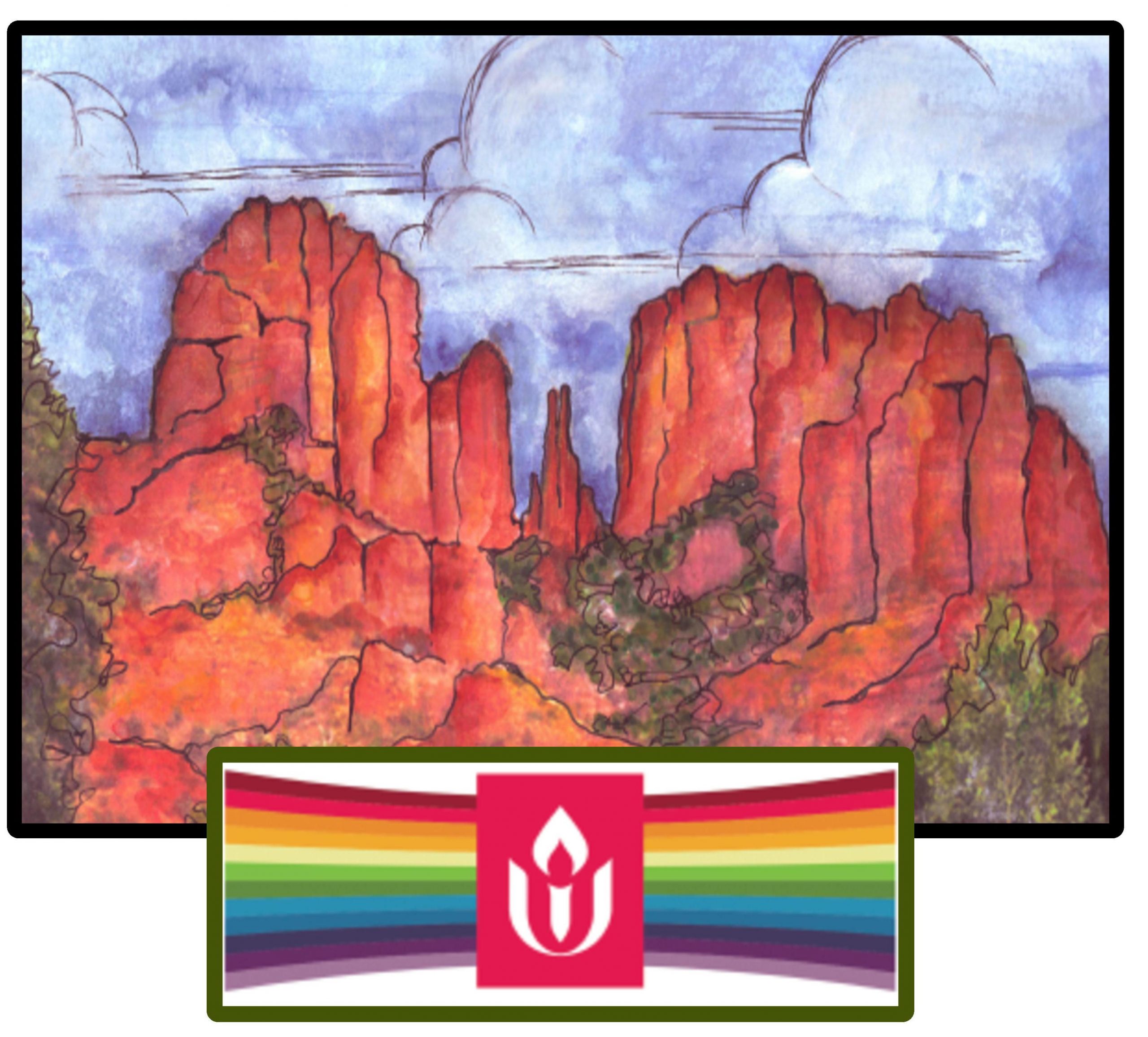Unitarian Universalists (UU) have a diverse history. Most relish the freedom to draw on multiple spiritual sources, without being bound to a single tradition.
UU Buddhists and UU Pagans claim a heritage that predates Christianity.
UU Jews share with Unitarians in declaring the “the Lord is one,” and, with Universalists, in affirming that “all the families of the earth shall be blessed.”
UU Protestants share philosopher John Locke’s respect for both biblical wisdom and the Enlightenment’s regard for reason and science.
UUs in early America were inspired by leader Joseph Priestley, a chemist who discovered oxygen and was a friend of Thomas Jefferson, to believe that Jesus was an extraordinary human, but not divine.
Those Protestant UUs stressed the goodness of humanity, in contrast to their Puritan ancestors who saw humans as depraved.
Another UU leader, Ralph Waldo Emerson, shocked the Harvard Divinity School faculty by urging future ministers to preach from their own souls, rather than relying on scripture.
A generation later, UUs were the first to embrace Darwin’s insights as complementary, rather than antagonistic, to their faith.
UU women in the 19th century agitated for women’s suffrage and were among the first to be ordained in the United States.
Other UU leaders were social reformers. They helped launch the U.S. labor movement; they befriended prisoners and demanded abolition of the death penalty; they were staunch abolitionists; and their writings on non-violence inspired Mohandas Gandhi.
